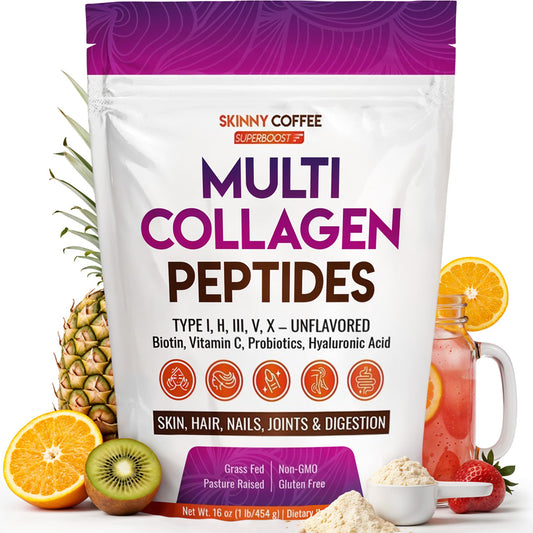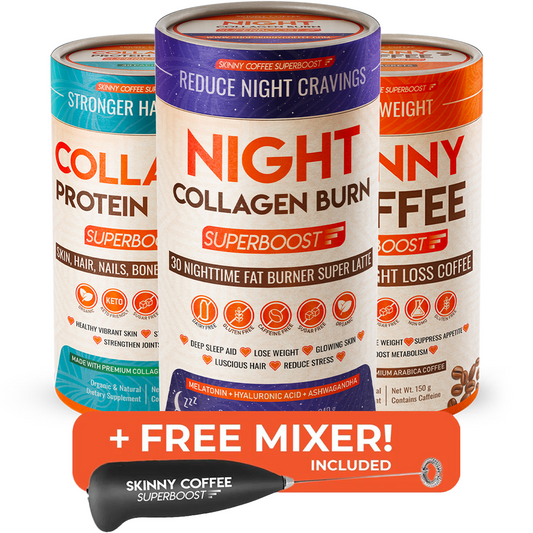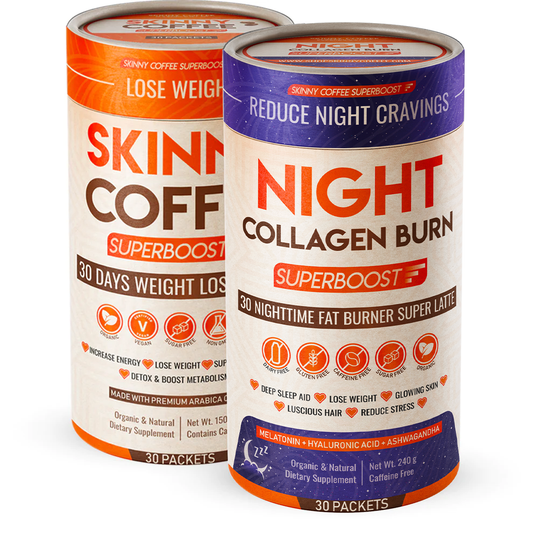
Healthy Eating When You Can’t Cook
Share
Not everybody can cook healthy meals all the time. Some of us travel, others live with family members and having a special menu is not an option and others simply don't have time to cook. That however doesn’t mean you can’t eat healthily.
Let’s establish, for a moment, a baseline for healthy eating, There are two things you need to keep in mind:
-
Getting enough nutrients to help your body build and maintain itself.
-
Not overloading on carbohydrates, sugar and salt.

Sure there are questions about calories, vitamins and protein but they are all about fine-tuning a process rather than jump-starting it and really it’s that baseline foundation we need to address, first. How do you maintain even a semblance of healthy eating if you’re on the road and all you have access to is fast food? How do you make sure your body gets everything you need when you don’t have time to cook yourself or if you do no cooking whatsoever because someone else is in charge of it? How do you get a healthy diet if you’re a student on a budget or are running a large family?

To answer these questions we need to look at the basics. What is it you need to have a healthy body?
What kind of nutrition are we talking about exactly and how can it be achieved? There are two basic requirements any body needs:
-
Fuel
-
Building materials
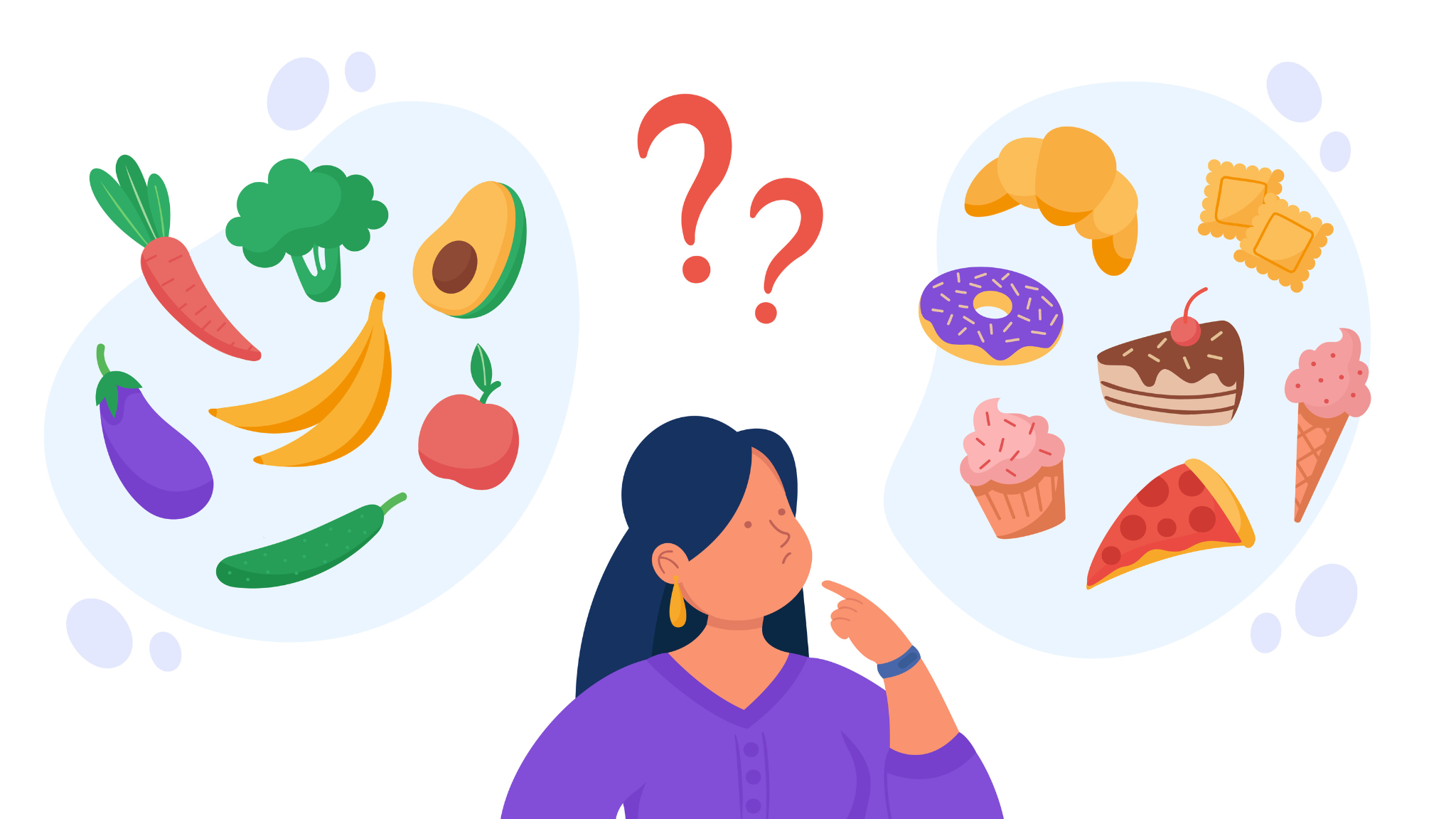
Without the first it cannot even get started. Without the second there is going to be no growth or development and even basic maintenance of muscles and joints will suffer. To achieve all this we need a diet that provides six basic ingredients:
-
Carbohydrates
-
Protein
-
Fat
-
Vitamins
-
Minerals
-
Water
Balancing Your Food Intake
You need carbohydrates for energy, protein for building and repair, fat for back-up energy, vitamins and minerals to maintain healthy body functions and water to keep you alive.

The trick is to get all the ingredients to balance just right. Every diet, even a fast-food one, will have carbohydrates and fat. It will most probably also contain some protein or provide some of the basic amino acids for the body to synthesize it.
Rather than obsessing over getting each ingredient just right here’s what you need to focus on:
Water.
Always make sure you’re properly hydrated. This will not only help your body work right but it will also help your digestion which is even more important when you’re not eating all the right foods.

Carbohydrates & Fats.
If your diet is super-rich in carbohydrates (sugars, bread, past and rice, for example) and you also have some animal fat, you need to make sure you’re not eating more than you need. Exercise portion control by eating perhaps half your lunch (or going without lunch if you do no exercise that day). Shaolin monks eat the heaviest meal of the day at breakfast so they can have the energy they need to train during the day. They have a slightly lighter lunch and less food in the evening. Try doing that, reducing portions from breakfast to dinner and see how it works in terms of your energy requirements.

Vitamins & Minerals.
Try and have some vegetables and fruit as opportunity presents itself. Again without obsessing about it, this will take care of some of your body’s vitamin and mineral requirements and it will also provide protein for growth and repairs.

Protein.
There are more misconceptions about protein than any other of the key ingredients necessary for a healthy body. Ideally you should be eating low-fat meat because it’s easy to digest and it gives you a handy protein source, but if you don’t cook, can’t cook, are on the go and your diet is not entirely in your control, pretty much anything you eat will contain some form of protein or the building blocks necessary to synthesize it. That includes iceberg lettuce and tomatoes (they both contain protein).
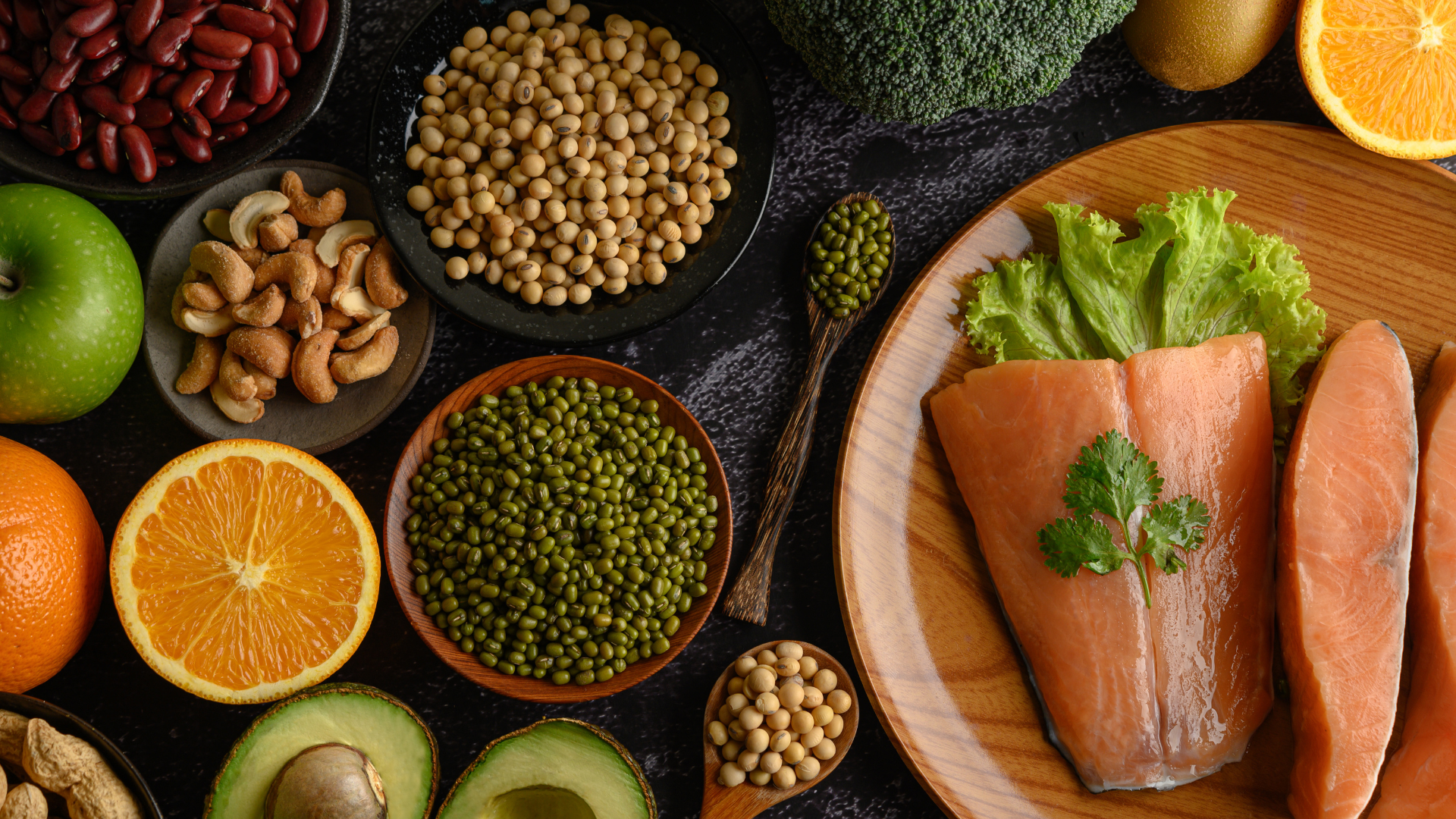 As a matter of fact the World Health Organization (WHO) report on nutrition lists Brown Rice, Tomatoes, Potatoes, Green Peppers, Corn, Lettuce (iceberg),Celery, Cucumbers, Oats, Carrots, Broccoli and Pinto Beans as excellent sources of protein. Meat makes life easier but not having access to regular amounts cooked well is not an issue.
As a matter of fact the World Health Organization (WHO) report on nutrition lists Brown Rice, Tomatoes, Potatoes, Green Peppers, Corn, Lettuce (iceberg),Celery, Cucumbers, Oats, Carrots, Broccoli and Pinto Beans as excellent sources of protein. Meat makes life easier but not having access to regular amounts cooked well is not an issue.
Eat What You Can, When You Can
All of this should give you an idea of your nutrition strategy: eat what you can, when you can, monitoring only the amount of food you choose to eat in direct relation to the amount of exercise you are doing. The ‘wrong’ food will not be a problem because we rarely stay on it long enough for it to become an issue. But the wrong amounts of the wrong food is an issue as it overloads our system with calories we don’t need and should not have to process.

So, summing up, you can pretty much eat anything you like provided:
- Your diet is varied in the long term and you don’t end up on a fast-food diet for months on end;
- You don’t eat more than you need to stay active - keep your portions small on low activity days;
And that really should take care of most obsessions over food, specific macrobiotic diets, the ‘right’ kind of protein (there is no such thing, all protein is just protein) and so-called ‘performance’ diets.








